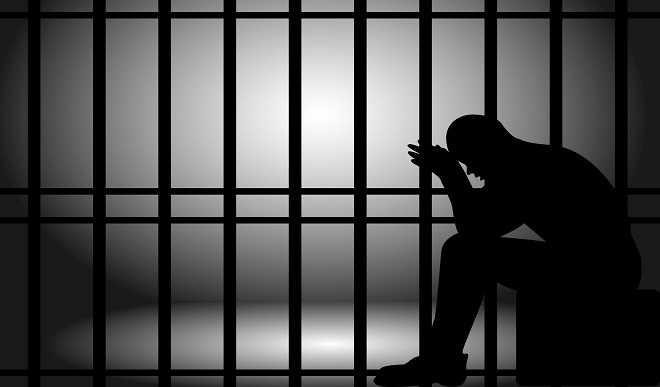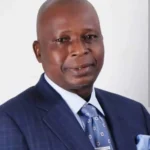A nongovernmental organization, Prisoners’ Rehabilitation and Welfare Action (PRAWA) in collaboration with Open Society Initiative of West Africa (OSIWA) has called for the decriminalization and declassification of petty offences from Nigeria’s justice system with a view to curbing the problem of prisons congestion and cost of keeping inmates.
This call was at the centre of a two-day sensitization workshop in Kano organized to train security agencies in the state on human rights issues in dealing with civilian population in the course of their duties.
PRAWA’s Deputy Director, Ogechi Ogu who made the call in her opening address added that decriminalizing petty offences would also reduce the cost keeping inmates in the prisons.
Represented by the Programme Officer, Kaltume Mohammed, the Deputy Director advocated for alternative punitive measures for petty offenders rather than prosecuting them in the court of law.
“We want to see that government decriminalize petty offences by not taking the offenders to prisons, there should be something that as soon as these offenders are caught in violation of the they should be asked to do some community service like cleaning gutters, roads or any similar service that will serve as a punishment for the offence.
“Detaining them has cost implication for the government because when they are detain, these petty offenders they normally take them to prison and you will see that the prisons are already congested, it’s like putting the burden on government.
“ We want the government to adopt non-custodian measures to punish these offenders maybe by cleaning the streets, or giving them warning for first offenders. When this is done it will not be on that government when it comes to their feeding, their healthcare because government is responsible for the healthcare of prisoners, feeding of prisoners and their accommodation.
The Kano state Director of Public Prosecution, Malam Lawan D. Suleman Yakasai, who represented the office of Attorney General and state ministry of justice at the workshop expressed concern over the cases of human rights abuses emanating from petty offences by security agencies.
He urged security agencies to always explore more civil means of settling issues with civilian population rather than dragging them to detention centres and courts.
Principal legal aid officer, legal aid council, Barr. Cyril Okunorobo described the training as timely saying it would go a long way in addressing human rights abuses being meted out on the poor in the society.

 Join Daily Trust WhatsApp Community For Quick Access To News and Happenings Around You.
Join Daily Trust WhatsApp Community For Quick Access To News and Happenings Around You.

